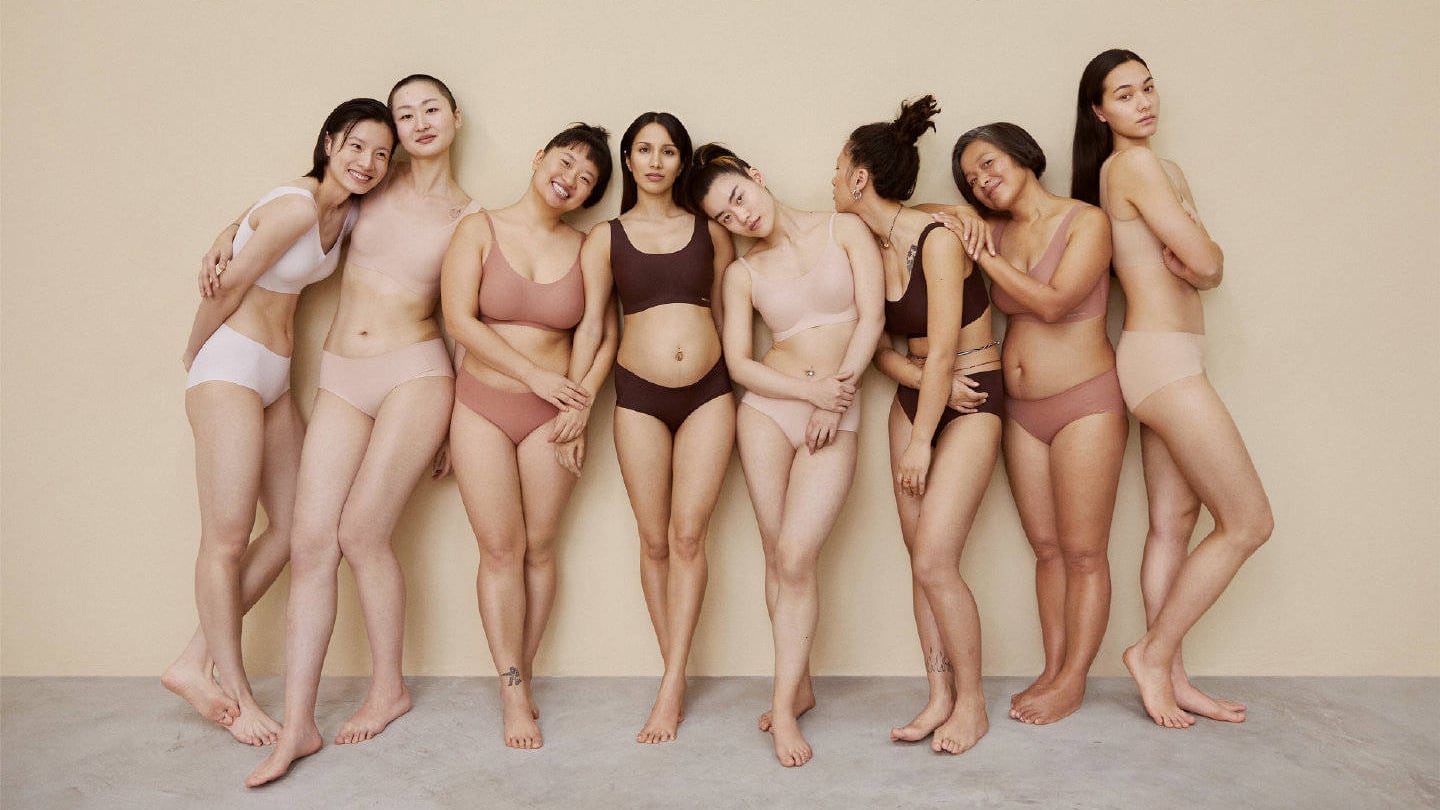
The Business of Fashion
Agenda-setting intelligence, analysis and advice for the global fashion community.

Agenda-setting intelligence, analysis and advice for the global fashion community.

One of China’s leading lingerie brands, Neiwai, recently completed a $100 million Series D financing round led by an unnamed global investment group, according to a report in Chinese business media outlet, 36Kr.
The brand said the funds will be used for R&D, brand building and sales channel expansion in both domestic and international markets.
The Shanghai-based company, founded in 2012, started out with comfortable bralette as their hero product, and is now expanding into lingerie, loungewear and athleisure. The brand has won praise for its feminist narratives and portrayal of diverse bodies in its marketing, still a rarity in China. In recent years, China’s mammoth, $61 billion, highly fragmented underwear market has been disrupted by emerging digital-first brands, led by Neiwai.
Neiwai reportedly releases about about 400 to 500 SKUs each season. In addition to e-commerce channels, the brand has opened more than 120 offline stores in 32 first- and second-tier cities across the country.
ADVERTISEMENT
In the first half of this year, its total sales increased by 260 percent year-on-year, with monthly sales exceeding 200 million yuan ($30.93 million) and an annual repurchase rate of more than 50 percent. Last year, it set up a local operation team in the US and launched an international website. In 2021, Neiwai international sales are expected to top $30 million, said Liu Xiaolu, the brand’s founder.
Further Reading: Chinese Brands Can Teach Victoria’s Secret How to Sell Lingerie Today
China’s $61 billion underwear market has been disrupted by digital-first domestic brands signalling subtle feminism and sensuality. International lingerie giants need to catch up.
With consumers tightening their belts in China, the battle between global fast fashion brands and local high street giants has intensified.
Investors are bracing for a steep slowdown in luxury sales when luxury companies report their first quarter results, reflecting lacklustre Chinese demand.
The French beauty giant’s two latest deals are part of a wider M&A push by global players to capture a larger slice of the China market, targeting buzzy high-end brands that offer products with distinctive Chinese elements.
Post-Covid spend by US tourists in Europe has surged past 2019 levels. Chinese travellers, by contrast, have largely favoured domestic and regional destinations like Hong Kong, Singapore and Japan.